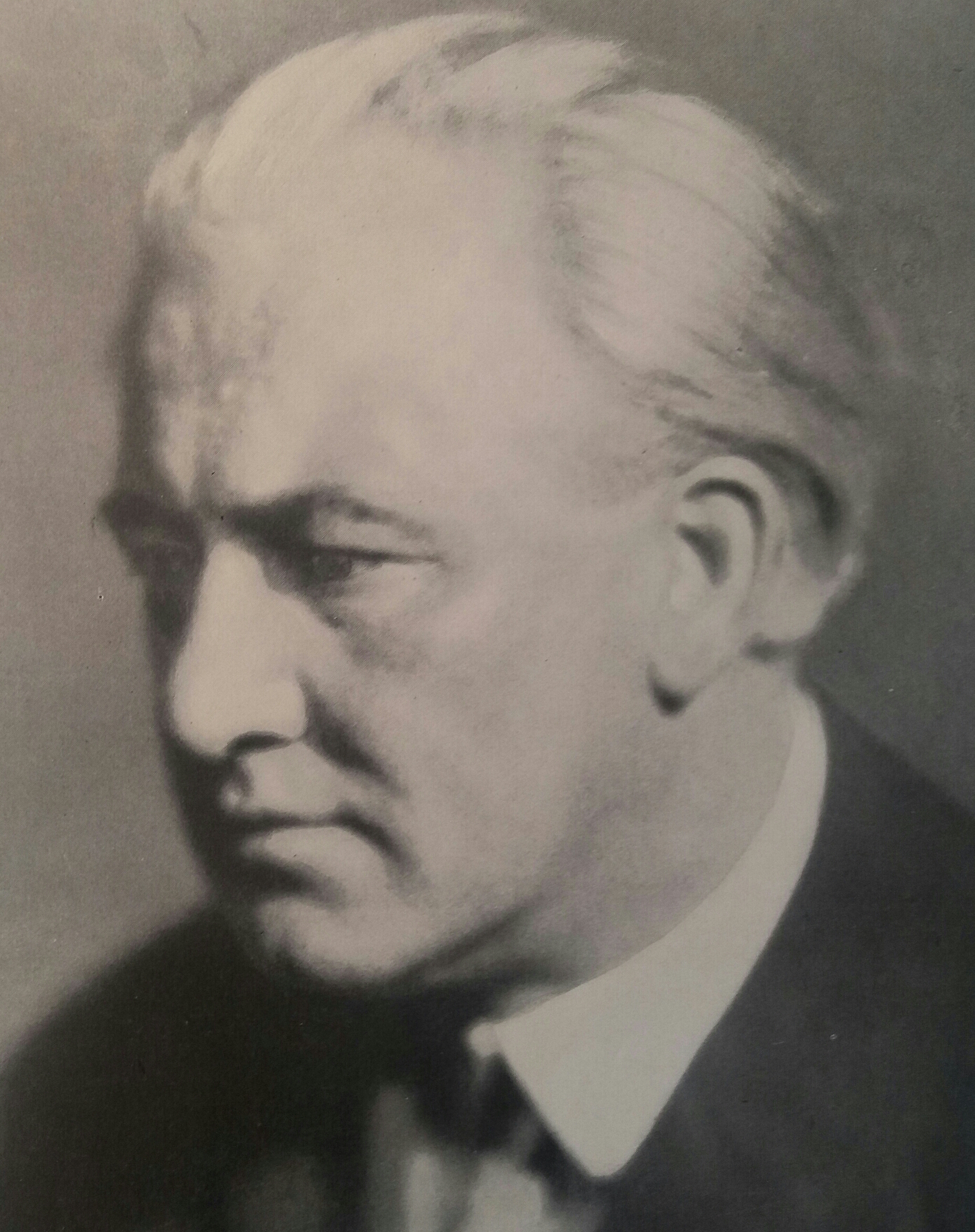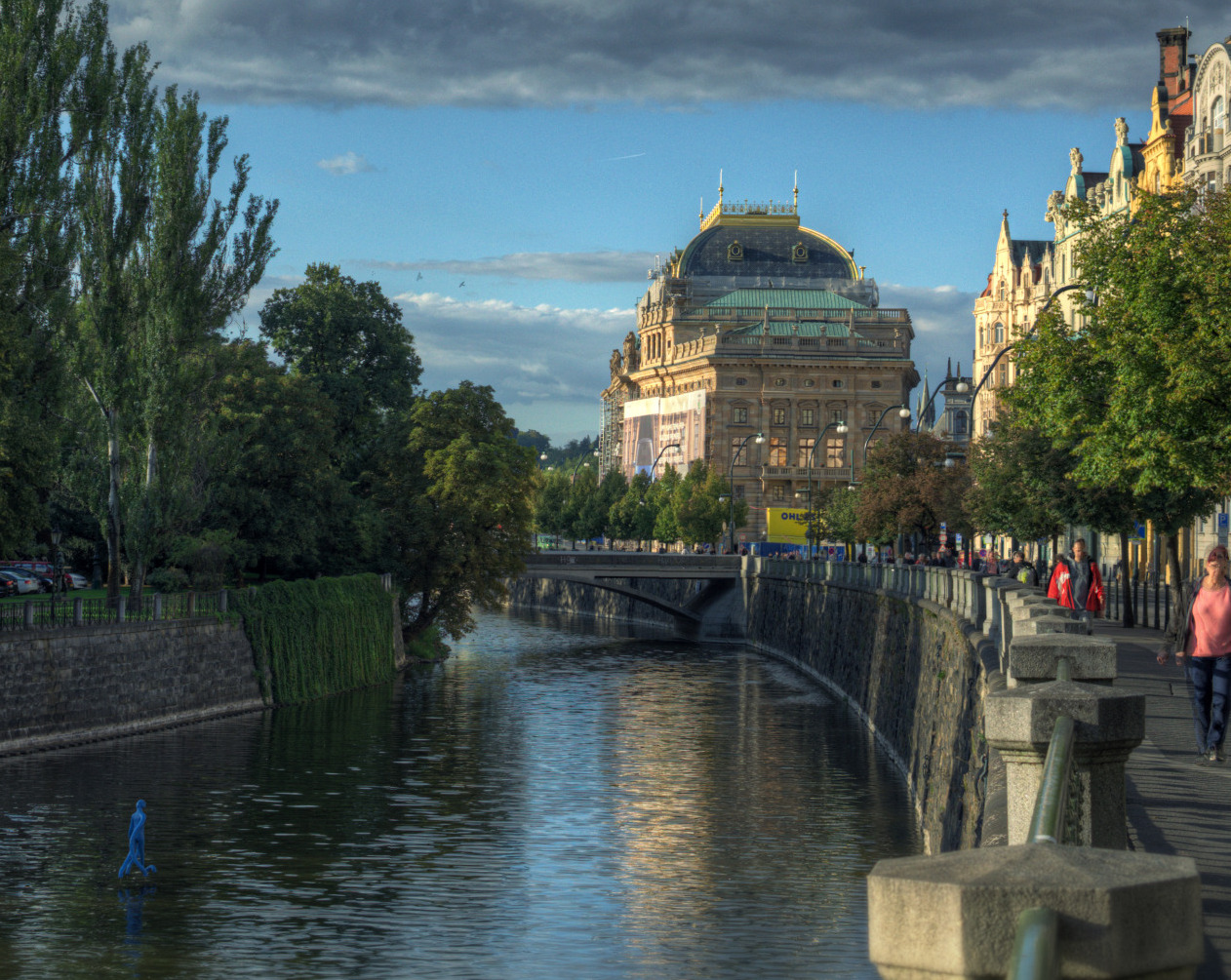|
Zuzana Vojířová
''Zuzana Vojířová'' is an opera by Jiří Pauer Jiří Pauer (22 February 1919 in Libušín, Czechoslovakia – 28 December 2007 in Prague, Czech Republic) was a Czech composer. Pauer studied first with Otakar Šín, then from 1943 to 1946 at the Prague Conservatory with Alois Hába, and fina ... to the composer's own libretto after the play of the same name by Jan Bor, which is itself based on a romance by František Kubka. The plot concerns the folk tale of nobleman Peter Vok's 30-year-long illicit romance with the miller-knight's daughter Zuzana Vojířová. The opera was written in a Janáček-like idiom and became one of the most successful post-war Czech operas, with 120 performances in Prague alone - long the most performed modern Czech opera. Recording * Complete recording 1979. Gabriela Beňačková-Čápová, soprano, Václav Zítek, baritone. Prague Radio Chorus and Prague National Theatre Orchestra. :sv:František Vajnar, conductor. 3 LPs with libretto in C ... [...More Info...] [...Related Items...] OR: [Wikipedia] [Google] [Baidu] |
Jiří Pauer
Jiří Pauer (22 February 1919 in Libušín, Czechoslovakia – 28 December 2007 in Prague, Czech Republic) was a Czech composer. Pauer studied first with Otakar Šín, then from 1943 to 1946 at the Prague Conservatory with Alois Hába, and finally with Pavel Bořkovec at the Academy of Performing Arts in Prague. He later taught for many years at the Academy where his pupils included composer Jiří Gemrot. He has composed many pieces, many of which focus on the brass orchestral instruments, symphonies, and further orchestra pieces, a bassoon concerto, a horn concerto and a trumpet concerto, chamber music pieces, and piano pieces. His opera ''Zdravý nemocný'', based on Molière's ''Le Malade imaginaire'', premiered at the Prague National Theatre on 22 May 1970. In 1989 Jiří Pauer was dismissed from his post as general director of the National Theatre in Prague, because of his support for the policies of the former Communist Czechoslovak government. Pauer had locked staff o ... [...More Info...] [...Related Items...] OR: [Wikipedia] [Google] [Baidu] |
Jan Bor
Jan Jaroslav Strejček (16 February 1886 in Prague – 25 March 1943 in Zámostí, Hluboká nad Vltavou), better known by his stage name Jan Bor, was a Czechoslovak director and playwright.Phyllis Hartnoll. ''The Oxford Companion to the Theatre'', 1951. "Jan Bor, Director of the Municipal Theatres from 1927 to 1936" He was a pupil of Max Reinhardt. His drama became the basis of Jiří Pauer's libretto for the opera ''Zuzana Vojířová'' (1958). References {{DEFAULTSORT:Bor, Jan 1886 births 1943 deaths Czechoslovak theatre directors Czechoslovak dramatists and playwrights ... [...More Info...] [...Related Items...] OR: [Wikipedia] [Google] [Baidu] |
František Kubka
František Kubka (4 March 1894 – 7 January 1969) was a Czech writer, journalist, diplomat and politician. He was a regular at the "Friday Men" meetings at Karel Čapek's house from 1921 to 1938.Andrea Orzoff ''Battle for the Castle: The Myth of Czechoslovakia in Europe, 1914–1948'' Stanford University. Dept. of History 2009 p89 shows cartoon of Kubka among Adolf Hoffmeister's cartoon of the Friday Men. p90 "Other journalistic members included Prager Presse chief editor Arne Laurin and reporter František Kubka; Josef Kodícek, Tribuna drama critic and theater director; and friendly reporters from hostile papers, such as Národní listy's Karel ..." His folk tale of the romance of Peter Vok with a miller's daughter became the basis of the most popular post-war Czech opera, ''Zuzana Vojířová''. He was appointed ambassador to Bulgaria Bulgaria, officially the Republic of Bulgaria, is a country in Southeast Europe. It is situated on the eastern portion of the Balka ... [...More Info...] [...Related Items...] OR: [Wikipedia] [Google] [Baidu] |
Peter Vok
Peter Vok of Rosenberg (; 1 October 1539 – 6 November 1611) was a nobleman of the House of Rosenberg, descended from the Vítkovci. Rožmberk was a leading Protestant in the unsettled years before Battle of White Mountain. Life Peter Vok was born in Český Krumlov, the son of Jošt III of Rosenberg, then head of the house of Rožmberk, and his wife Anna of Rogendorf. Fourteen days after Peter's birth, his father died. Peter came under the guardianship of first his uncle Petr V of Rosenberg and later Albrecht of Gutnštejn, Oldřich Holický of Sternberg and Jeroným Schlick. He received his early education at home in the castle at Český Krumlov. Even as he reached adulthood, Peter lived in the shadow of his older brother William. While William was a life-long Catholic, Peter sympathised with Utraquism and eventually joined the Unity of the Brethren. William died in 1592, and Peter inherited the Rosenberg holdings. Aged forty, Peter married the much younger Kateřina o ... [...More Info...] [...Related Items...] OR: [Wikipedia] [Google] [Baidu] |
Gabriela Beňačková
Gabriela Beňačková also Gabriela Beňačková-Čápová (born 25 March 1944 or 1947) is a Slovak lyric soprano. Life and career Beňačková was born in Bratislava on 25 March in either 1944 or 1947. Her father Antonín was a lawyer, and her mother Elena was a housewife. She is the younger sister of television presenter Nora Beňačková. In her young age she had been involved in ballet lessons, children's choir of Czechoslovakian Radio, and learned singing and piano at school. Beňačková specializes in the music of her Slovak compatriots, particularly Eugen Suchoň, as well as Czech composers, notably Bedřich Smetana, Antonín Dvořák and Leoš Janáček. She is considered to be one of the greatest 'Jenůfa's' in Janáček's opera of the same name. Her Carnegie Hall performance, and subsequent Metropolitan Opera run with Leonie Rysanek, are considered to be legendary. In 1981, Czechoslovakian television starred Ms Beňačková in a definitive version of ''Prodaná n ... [...More Info...] [...Related Items...] OR: [Wikipedia] [Google] [Baidu] |
Václav Zítek
Václav Zítek (24 March 1932 – 18 December 2011) was a Czech opera singer. A lyric baritone with a beautiful timbre and a wide vocal range, he was one of the leading Czech singers of the postwar generation. He particularly excelled in portraying Janáček and Smetana heroes. His voice is preserved on numerous opera recordings made with the Supraphon record label. Biography Born in Tisá, Zítek studied singing privately with E. Matoušková, M. Linka, D. Levytský, and Zdeněk Otava. Between 1955 and 1959, he worked on the staff at the National Theatre in Prague and sang in some smaller roles. In 1959–1960, he worked as a principal artist at the Zdeněk Nejedlý Theatre in Ostrava. He then was a leading baritone at the opera house in Ústí nad Labem from 1960 to 1969. While there he also appeared occasionally as a guest artist at the Prague National Theatre. He eventually left Ústí nad Labem for that house, singing as a leading baritone at the National Theatre from 196 ... [...More Info...] [...Related Items...] OR: [Wikipedia] [Google] [Baidu] |
Prague National Theatre
The National Theatre () is a historic opera house in Prague, Czech Republic. It is known as the alma mater of Czech opera, and as the national monument of Czech history and art. The National Theatre belongs to the most important Czech cultural institutions, with a rich artistic tradition, which helped to preserve and develop the most important features of the nation–the Czech language and a sense for a Czech musical and dramatic way of thinking. Today the National Theatre consists of three artistic ensembles: opera, ballet and drama. They alternate in their performances in the historic building of the National Theatre, in the State Opera, in the Estates Theatre and in the Kolowrat Theatre. All three artistic ensembles select their repertoire both from classical heritage, and modern authors. Initial design and construction, 1844 to 1881 The cornerstone of the National Theatre was laid on 16 May 1868, but the idea of building a theatre dates back to the autumn of 1844 at th ... [...More Info...] [...Related Items...] OR: [Wikipedia] [Google] [Baidu] |
Operas Based On Plays
Opera is a form of Western theatre in which music is a fundamental component and dramatic roles are taken by singers. Such a "work" (the literal translation of the Italian word "opera") is typically a collaboration between a composer and a librettist and incorporates a number of the performing arts, such as acting, scenery, costume, and sometimes dance or ballet. The performance is typically given in an opera house, accompanied by an orchestra or smaller musical ensemble, which since the early 19th century has been led by a conductor. Although musical theatre is closely related to opera, the two are considered to be distinct from one another. Opera is a key part of Western classical music, and Italian tradition in particular. Originally understood as an entirely sung piece, in contrast to a play with songs, opera has come to include numerous genres, including some that include spoken dialogue such as ''Singspiel'' and ''Opéra comique''. In traditional number opera, singers ... [...More Info...] [...Related Items...] OR: [Wikipedia] [Google] [Baidu] |
Operas
Opera is a form of Western theatre in which music is a fundamental component and dramatic roles are taken by singers. Such a "work" (the literal translation of the Italian word "opera") is typically a collaboration between a composer and a librettist and incorporates a number of the performing arts, such as acting, scenery, costume, and sometimes dance or ballet. The performance is typically given in an opera house, accompanied by an orchestra or smaller musical ensemble, which since the early 19th century has been led by a conductor. Although musical theatre is closely related to opera, the two are considered to be distinct from one another. Opera is a key part of Western classical music, and Italian tradition in particular. Originally understood as an entirely sung piece, in contrast to a play with songs, opera has come to include numerous genres, including some that include spoken dialogue such as ''Singspiel'' and ''Opéra comique''. In traditional number opera, si ... [...More Info...] [...Related Items...] OR: [Wikipedia] [Google] [Baidu] |



